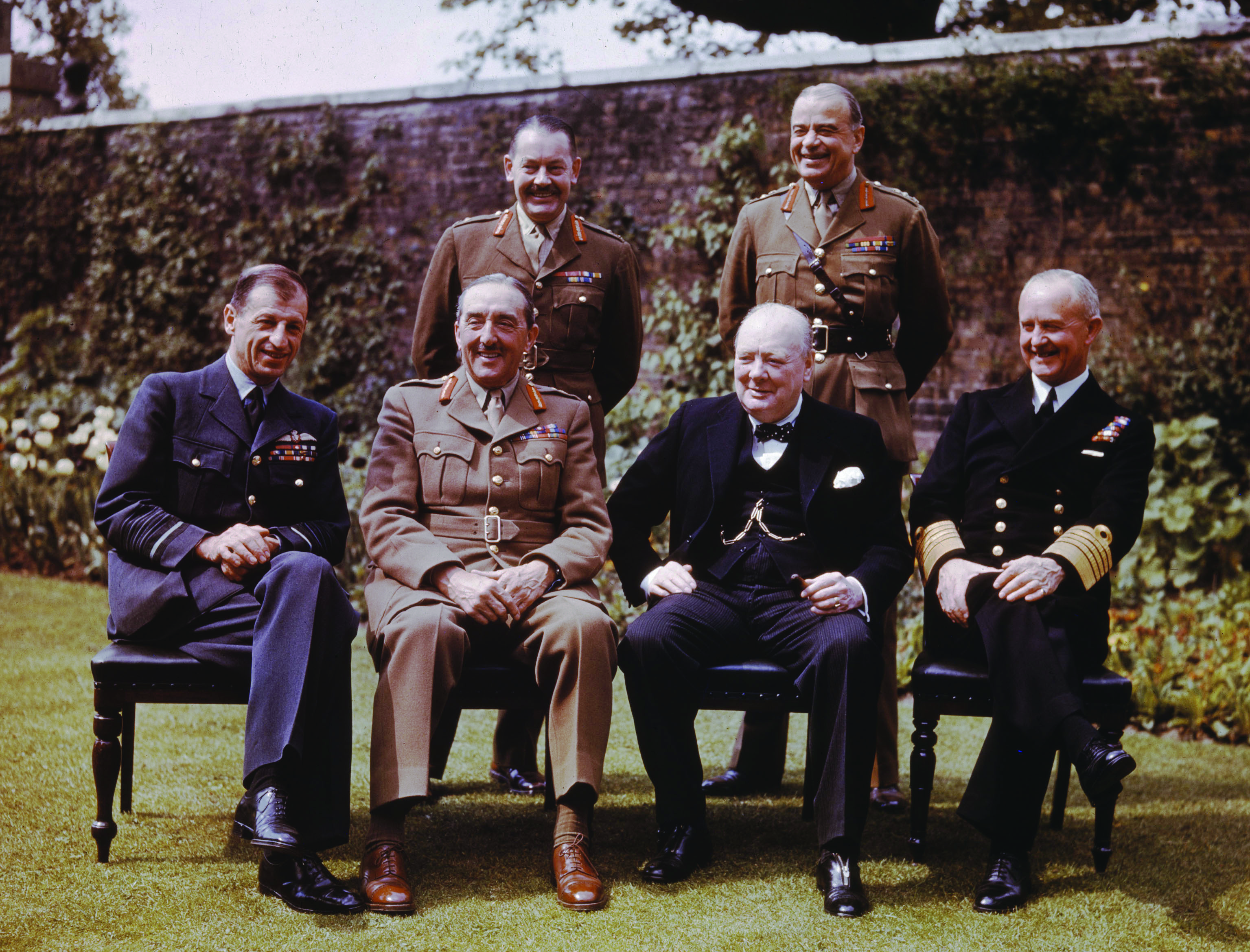[dropcap]A[/dropcap]s early as the 1920s, Winston Churchill had complained to his friend Frederick Lindemann that “far too much has been and is being written about me.” One can only imagine what he must have thought toward the end of his life some 40 years later. Churchill is such an evergreen subject for biographers and historians that one has to wonder what author Andrew Roberts’s Churchill: Walking With Destiny (Viking, 2018) could possibly bring to the party.
The short answer to that question is—quite a lot. Roberts, a popular British historian, has seemingly trawled all the available records for material related to Churchill, including gaining access to notes taken by King George VI during his weekly meetings with his prime minister. The result is arguably the most comprehensive biography of the British war leader ever produced.
Roberts is clearly sympathetic to his subject, and it is often hard to disagree with that assessment. Churchill emerges as a thoroughly larger-than-life character: emotional, driven, irreverent, unencumbered by self-doubt. He was a man of action, of huge personal and moral bravery—as was evidenced by his regular visits to the frontlines and his service in the First World War. Moreover, lead by a profound sense of destiny, Churchill had an overriding belief in Britain and its empire as a force for good. More than anything else, Roberts suggests, this sentiment was Churchill’s guiding light.
As usual, Roberts writes briskly and engagingly, applying his considerable research with a light touch. His book is resolutely sure-footed and reliable, yet brims with anecdote and gossip. Although Roberts clearly admires his subject, he has not produced a simple, uncritical hagiography; he addresses those areas where Churchill is often criticized, such as his handling of the Bengal Famine of 1943–44, which killed millions of Indians in the British-ruled territory, with clarity and fairness.
Indeed, as Roberts makes clear, Churchill made many mistakes in his career—his authorship of the disastrous Gallipoli Campaign during World War I, to name just one, in which some 50,000 Allied soldiers died. He also espoused a few questionable causes, not least his support for the feckless King Edward VIII prior to his abdication in 1936. To many, then and now, Churchill’s staunchly held principles made him appear as a colonial throwback—someone on the wrong side of history. But, as Churchill himself wrote, “men must be judged in the test-ing moments of their lives,” and there were few moments more testing than those of 1939–45. The story of Britain’s war, therefore, is also the story of Churchill’s personal redemption: an object lesson in—as the time-worn phrase puts it—“cometh the hour, cometh the man.” Perhaps there’s a lesson for all of us in that. ✯
This story was originally published in the April 2018 issue of World War II magazine. Subscribe here.





